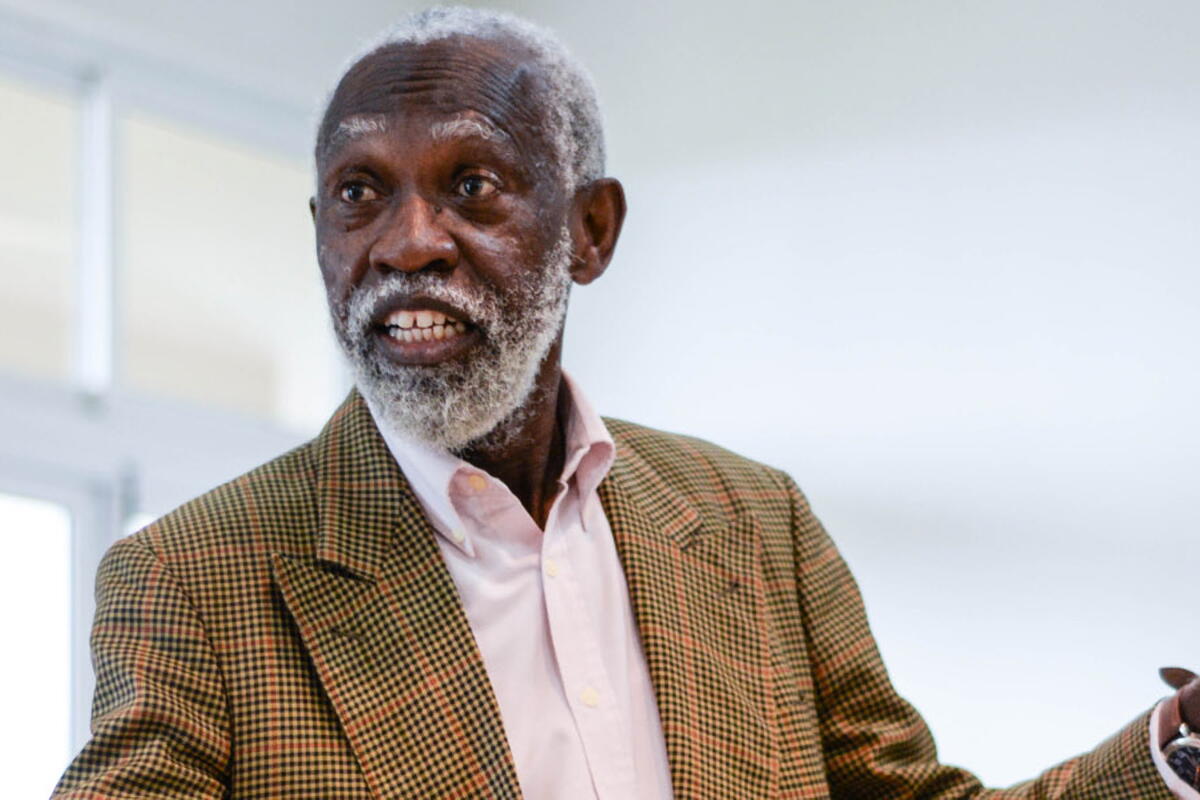Ghana’s national debate over illegal mining (galamsey) has taken another twist, with educationist and former Chairman of the National Development Planning Commission (NDPC), Professor Stephen Adei, launching a critique of the government’s signature gold-trading initiative, GoldBod.
Speaking to a congregation in a video widely shared on social media, Professor Adei accused President John Mahama’s administration of effectively legalising the destructive practice under the guise of the newly established state entity.
Professor Adei did not mince words, pointing directly at the power structures he believes are the real drivers behind the systematic destruction of Ghana’s vital water bodies, including the Pra, Offin, and Ankobra Rivers, many of which now flow with dangerous levels of turbidity and chemical contamination.
He insisted that these three influential groups actively enable galamsey while publicly pretending to combat it.
“The politicians, the chiefs, and the security agents are responsible for polluting the entire water sources in Ghana. They have a way of making it look acceptable. For example, the current government, which in many ways is doing well, has legalised galamsey. GoldBod is essentially the legalisation of galamsey,” Professor Adei stated.
He sarcastically noted that these groups have a way of making galamsey appear acceptable.
He said, for instance, the current government has set up GoldBod, which claims to purchase gold from genuine small-scale miners.
Professor Adei’s core policy critique targets the structural logic of the new government-backed gold purchaser.
GoldBod’s Official Mandate
The initiative was created with the stated goals to formalize the gold trading sector, particularly for small-scale miners, and to promote traceability in the industry.
The government’s vision positioned GoldBod as the exclusive buyer of gold from licensed small-scale miners, operating through accredited aggregators.
GoldBod is also expected to serve as the sole assayer of gold in Ghana, a measure intended to enhance Ghana’s international reputation as a responsible and transparent gold producer while repatriating valuable foreign exchange revenue.
Adei’s Question
Professor Adei questioned this premise, pointing out that if the government truly possessed the technical and political capacity to differentiate between legitimate licensed small-scale miners and illegal galamsey operators (who often lack required permits and use destructive methods), it could have stopped illegal mining altogether through rigorous enforcement.
The establishment of a sole state buyer, in Adei’s view, implies a willingness to absorb the gold from the illegal sector rather than confronting and eradicating the source of the pollution.
He suggests that by creating a national market for the product of small-scale miners—whose distinction from galamsey is often murky—the government is simply laundering the output of environmental destruction.
The Scale of the Environmental and Economic Crisis
The veteran educationist’s sharp condemnation comes at a time when the fight against galamsey is costing the nation billions.
Studies indicate that unchecked illegal mining has degraded over 80% of Ghana’s major water bodies, requiring multi-billion-dollar future investments in water treatment and ecological restoration.
Furthermore, the uncontrolled nature of the sector has historically led to massive gold export revenue leakage.
By creating GoldBod, the government hoped to capture a larger percentage of the estimated US$5-7 billion in annual gold exports, a substantial portion of which often bypasses official state channels.
Seven fire tenders battle huge fire outbreak at Weija Junction



